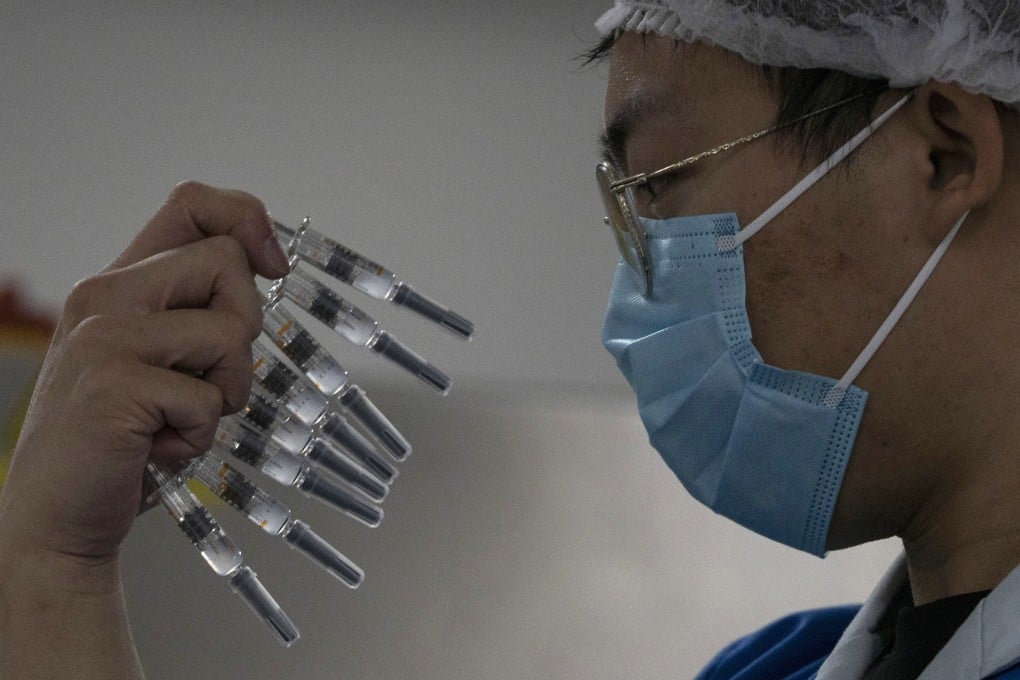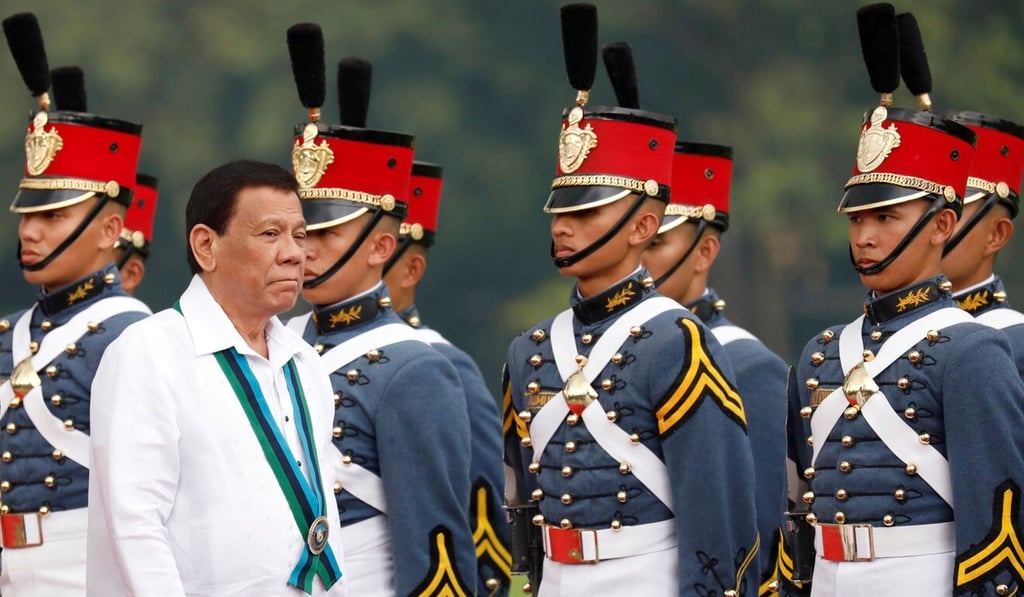Chinese vaccine makers to apply for clearance in the Philippines, as Duterte tries to block probe into illegal inoculations
- Sinopharm and Sinovac have said they will request this week that their vaccines be cleared for emergency use, according to Manila’s ambassador to China
- Meanwhile, the president has lashed out at a Senate attempt to investigate his security team’s use of Chinese-made vaccines that remain technically illegal

Chito Sta. Romana, the Philippines’ ambassador to China, on Monday said state-owned Sinopharm (also known as the China National Pharmaceutical Group) and private firm Sinovac Biotech planned to make the application to the Philippines’ Food and Drug Administration (FDA) “in the next few days”.
The Sinopharm vaccine was last week approved for general public use in China, while Sinovac is awaiting the results of its phase-three clinical trials.
Speaking during an online briefing conducted by the presidential palace in Manila, Sta. Romana said he had “no knowledge” about the Chinese-made vaccine used by Duterte’s Presidential Security Group (PSG). “We’re also curious to know, but unfortunately we were not involved,” he told reporters.

During a televised address on Monday night, Duterte denied covering up the issue, and lashed out at the Senate’s attempt to investigate the unauthorised inoculations and summon the PSG chief to appear and explain the unit’s actions.
“I am prepared to defend my soldiers. I will not allow them, for all of their good intention, to be brutalised in the hearing,” the president said, ordering Durante to “not obey the summons” and “stay put in the barracks”.